Melchior Lengyel
Nacimiento : 1880-01-12, Balmazújváros, Hungary
Muerte : 1974-10-23
Historia
From Wikipedia, the free encyclopedia. Lengyel was born Lebovics Menyhért in Balmazújváros, Hungary. He started his career as a journalist. He worked first in Kassa (Košice), then later in Budapest.
His first play, A nagy fejedelem (The Great Prince) was performed by the Thalia Company in 1907. The Hungarian National Theatre performed his next drama A hálás utókor (The Grateful Posterity) in 1908 for which he received the Vojnits Award from the Hungarian Academy of Sciences, given every year for the best play. Taifun (Typhoon), one of his plays, written in 1909, became a worldwide success and is still performed today. It was adapted to the screen in the United States in 1914.
His articles were often published in Nyugat (West), the most important Hungarian literary journal in the first half of the 20th century. During World War I, he was sent to Switzerland by the Hungarian daily newspaper Az Est (The Evening) as a reporter. His pacifist articles and other publications written in 1918 were also published in German and French papers and were collected in a book called Egyszerű gondolatok (Simple Thoughts).
His story "The Miraculous Mandarin" (in Hungarian: A csodálatos mandarin), a “pantomime grotesque” came out in 1916. It is the story which inspired Béla Bartók, the famous Hungarian composer, to create in 1924 the ballet The Miraculous Mandarin.
After World War I, Lengyel went to the United States for a longer stay and published his experiences in 1922 in a book Amerikai napló (American Journal). In the 1920s, he was active in the film industry. For some time, he was story editor at May-Film in Berlin. In 1929/30, he was co-director of a Budapest theatre. In 1931, he was sent by the Hungarian newspaper Pesti Napló (Pest Journal) to London as its reporter. The story of his Utopian novel A boldog város (The Happy City) came out in 1931; it was set in an American city that lay in the depths of a chasm created by the great Californian earthquake.
He moved to Hollywood, California in 1937 and became a screenwriter. Some of his stories became worldwide successes, such as Ninotchka (1939), for which he was nominated for the Academy Award for Best Writing, Original Story, and To Be or Not to Be (1942).
Lengyel returned to Europe in 1960 and settled down in Italy. In 1963, he received the Great Award of Rome for his literary works.
After the Hungarian Revolution of 1956, Lengyel often visited Hungary and wanted to repatriate to his country. However, some weeks after his returning in 1974, he died in Budapest at the age of 94.
The city library of Balmazújváros, his native town, was named after him in 2004. A complete list of Lengyel's works as well as the articles and references about him and his publications were compiled by one of the librarians on this occasion.
Description above from the Wikipedia article Edwin Justus Mayer, licensed under CC-BY-SA,full list of contributors on Wikipedia.

Story
Mientras un mediocre actor polaco trata de entretener a las tropas de su país parodiando a Hitler, Polonia es invadida por los nazis (1939). La mala costumbre de su mujer de distraer a los soldados mientras él actúa, lo saca de quicio. Cuando se entera de la caída de su país, el actor elabora un disparatado plan de huida.

Screenplay
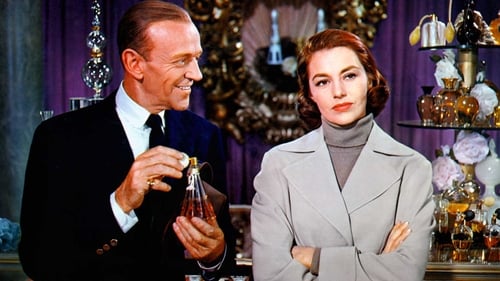
Writer
Un compositor ruso que vive en París recibe el encargo de una productora norteamericana para que ponga música a una de sus películas. Remake en versión musical del clásico "Ninotchka"

Theatre Play
El joven y apuesto teniente Alexei Chernov (William Eythe), llega a palacio para advertir a la emperatriz Catalina de Rusia (Tallulah Bankhead) de que está siendo traicionada y su vida corre peligro. Pero al ser revelado por el canciller Nikolai Illytch (Charles Coburn) que ya ese caso está resuelto, la zarina se decepciona un poco con el mensajero… aunque queda encantada y supremamente halagada al saber los sacrificios que hizo pensando tan solo en protegerla. Se iniciará así un intenso romance, en magníficos tonos de comedia, entre dos seres muy dispares que miran claramente hacia objetivos distintos. (FILMAFFINITY)
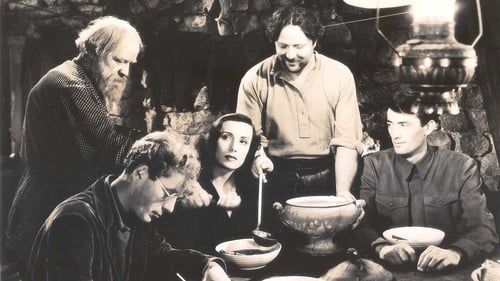
Story
En plena II Guerra Mundial (1939-1945) incluso Hollywood rodó películas, en las que los protagonistas eran los ejércitos rusos, que luchaban contra los nazis. (FILMAFFINITY)
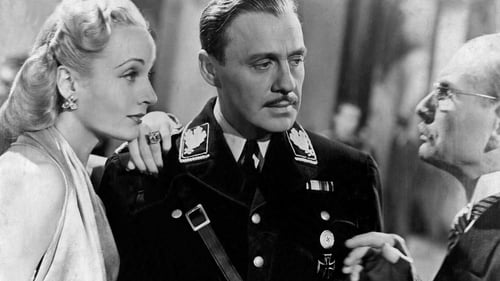
Original Story
Las tropas de Hitler invaden Varsovia. En la ciudad, una compañía de teatro que iba a representar una obra, se ve obligada a sustituirla por Hamlet. Mientras, la esposa del actor principal empieza a flirtear con un apuesto oficial.
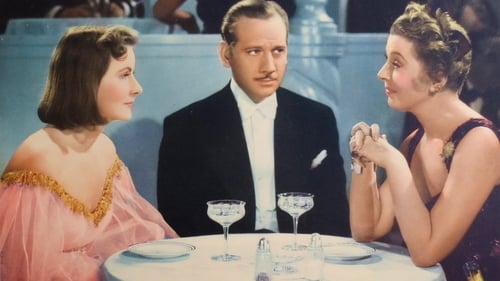
Story
Los camaradas Iranoff, Buljanoff y Kopalski han sido enviados a París para obtener dinero para el Gobierno ruso mediante la venta de las joyas confiscadas a la gran duquesa Swana, que vive en la capital francesa. Los tres camaradas se instalan en un hotel de lujo mientras los tribunales franceses deciden quién es el verdadero propietario de las joyas. El Gobierno ruso envía a Nina 'Ninotchka' Ivanovna Yakushova a arreglar las cosas.

Author
María es la esposa de Sir Frederick Barker, aristócrata británico que hace tiempo que no le presta atención. Enfadada, se va a París sin decírselo a su marido. María conoce allí a Anthony Halton, un americano con quien cena y visita los monumentos de la ciudad.

Theatre Play
The famous singer Antonia left the stage to marry a country gentleman. She goes alone one day to Budapest to see again the operetta which revealed her and outlines a flirtation with an aviator engaged to her niece. The presence of mind of the latter pleasantly closes the adventure.
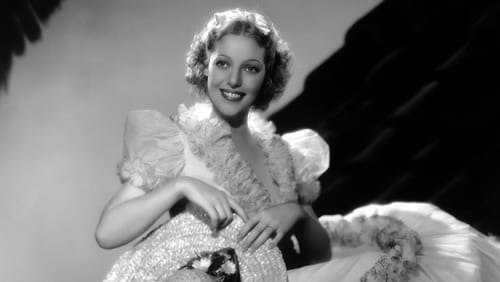
Writer
A countess marries a Gypsy fiddler instead of a baron's son at harvest time in Tokay wine country, Hungary.

Story
Princess Wilma is forced to wed by midnight or lose her inheritance. She impulsively chooses gypsy vagabond Latzi, offering him a huge sum of money if he'll consent. Swallowing his pride, Latzi agrees to the marriage, but soon the coy Countess falls in love with young Lieutenant de Tokay, who is himself in love with Latzi's gypsy sweetheart Tinka.
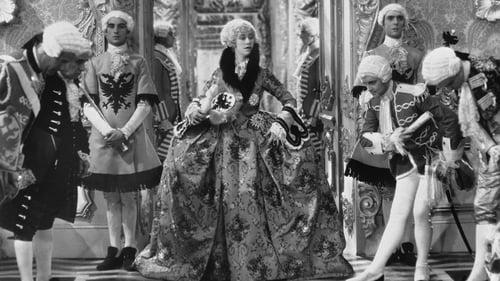
Continuity
En 1745, una princesa austro-húngara, que sería llamada Catalina, llega a Rusia para casarse con el Gran Duque Pedro, un hombre de carácter inestable y desconfiado. Su matrimonio no funciona y mientras el Duque se entretiene con bellas cortesanas, Catalina inventa sus propios amantes para captar su atención. Cuando el Duque llega al trono de Rusia, resulta ser un pésimo gobernante y los consejeros piden a Catalina que asuma el poder y se convierta en reina.

Theatre Play
En 1745, una princesa austro-húngara, que sería llamada Catalina, llega a Rusia para casarse con el Gran Duque Pedro, un hombre de carácter inestable y desconfiado. Su matrimonio no funciona y mientras el Duque se entretiene con bellas cortesanas, Catalina inventa sus propios amantes para captar su atención. Cuando el Duque llega al trono de Rusia, resulta ser un pésimo gobernante y los consejeros piden a Catalina que asuma el poder y se convierta en reina.

Story
En 1745, una princesa austro-húngara, que sería llamada Catalina, llega a Rusia para casarse con el Gran Duque Pedro, un hombre de carácter inestable y desconfiado. Su matrimonio no funciona y mientras el Duque se entretiene con bellas cortesanas, Catalina inventa sus propios amantes para captar su atención. Cuando el Duque llega al trono de Rusia, resulta ser un pésimo gobernante y los consejeros piden a Catalina que asuma el poder y se convierta en reina.

Writer
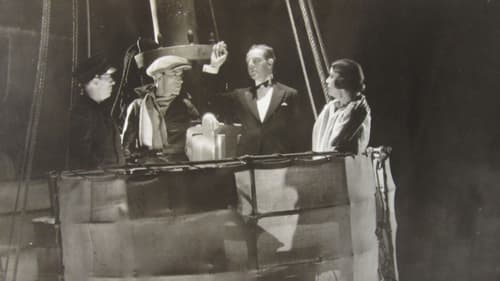
Story
On board a yacht sailing from India to Britain, the owner of the vessel is murdered by one of the passengers. (This film was produced both in full sound and silent versions, the latter for theaters that had not yet been wired for sound.)

Writer

Writer
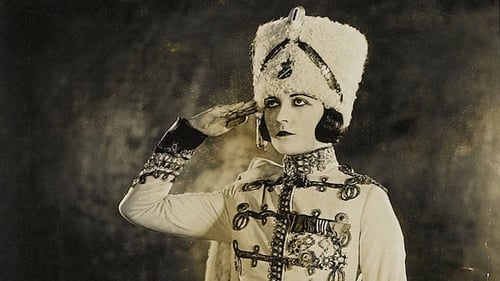
Theatre Play
Alexei, un joven oficial, salva a la zarina de un pequeño reino de unos conspiradores revolucionarios, y ella le recompensa con su amor. Él deja entonces a Anna, la chica de quien estaba enamorado y que es dama de honor de la zarina. Pero ésta le es infiel y el despechado Alexei se une a los conspiradores. El canciller corta la revolución de raíz y la zarina hace que detengan a Alexei.

Writer
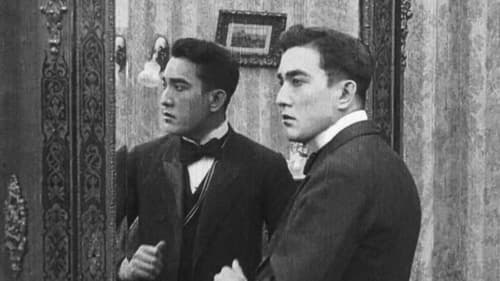
Story
Tokoramo, a Japanese diplomat on a mission to Paris, begins a love affair with Helene, a chorus girl, who subsequently rejects her American fiancé, Richard Bernisky. When the Japanese discover the affair, they try to force Tokoramo to end it, but Helene refuses to stop visiting him. One night, during one of her visits, Bernisky comes to Tokoramo's apartment and, while Helene hides, rebukes her to her lover. After Bernisky leaves, Tokoramo orders Helene out, but when he realizes his love for her, he calls her back. Suddenly, she rejects and insults him to the point that he strangles her. Tokoramo wants to confess his crime, but he must complete his work, and so his countrymen sacrifice a boy, Hironari, who pleads guilty to the murder and eventually is guillotined. In the end, Tokoramo also dies and his colleagues burn his valuable papers in order to protect Japan. -From the TCM.com Database, powered by the AFI.

Theatre Play
Tokoramo, a Japanese diplomat on a mission to Paris, begins a love affair with Helene, a chorus girl, who subsequently rejects her American fiancé, Richard Bernisky. When the Japanese discover the affair, they try to force Tokoramo to end it, but Helene refuses to stop visiting him. One night, during one of her visits, Bernisky comes to Tokoramo's apartment and, while Helene hides, rebukes her to her lover. After Bernisky leaves, Tokoramo orders Helene out, but when he realizes his love for her, he calls her back. Suddenly, she rejects and insults him to the point that he strangles her. Tokoramo wants to confess his crime, but he must complete his work, and so his countrymen sacrifice a boy, Hironari, who pleads guilty to the murder and eventually is guillotined. In the end, Tokoramo also dies and his colleagues burn his valuable papers in order to protect Japan. -From the TCM.com Database, powered by the AFI.












